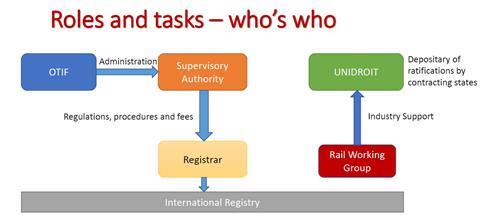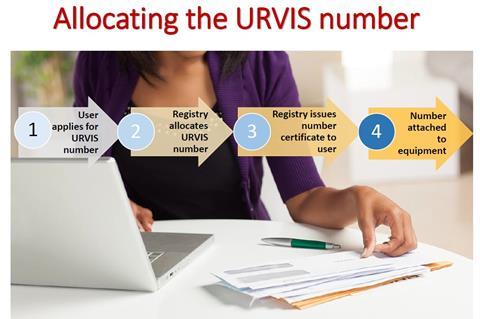
INTERNATIONAL: Draft regulations have been approved outlining the operation of the international rolling stock registry that is being established under the Luxembourg Protocol to the Cape Town Convention on International Interests in Mobile Equipment.
The regulations have been drawn up by a Preparatory Commission which includes representatives of the Rail Working Group, the Unidroit legal institute and OTIF, the Intergovernmental Organisation for International Carriage by Rail.

Adopted in 2007, the Protocol is expected to come into force this year, once it has been ratified by sufficient countries. It is intended to encourage private investment in mobile railway assets, particularly those that may be used for cross-border operation or in different countries. Covering all categories of rail-guided vehicles, it provides a world-wide legal framework to recognise and regulate the security interests of lenders, lessors and vendors.
Oversight of the Protocol will be provided by a new intergovernmental Supervisory Authority based in Bern, on which all ratifying states will be represented. The agency will issue the regulations governing the operation of the International Registry and approve the fee schedules, while OTIF will act as its secretariat.

The Registrar is being established as a Luxembourg company, RegulisSA, owned by SITA. It is intended to be a ‘neutral’ company, which will operate the international registry under a limited term contract with the Supervisory Authority. The registry will maintain records of all rolling stock covered under the protocol, issuing registrations under ‘a common, permanent unique marking system’ known as the Unique Rail Vehicle Identification System.

URVIS registration is not intended to replace the existing vehicle running numbers, which are specific to national or regional requirements. Each vehicle would be issued with a 16-digit identifier, including a check digit. Practical rules for the allocation of URVIS numbers are currently being established by a Group of Experts under the auspices of the UN Economic Commission for Europe; this work is expected to take around two years.
The draft operating regulations specify how applicants should apply for URVIS registration, as well as registering an ownership interest or potential interest in a specific vehicle; they also detail how sales or other changes of ownership are to be notified. They explain how users and other parties with a legitimate interest may consult the register, and make provision for the charging of fees to fund the service.

















